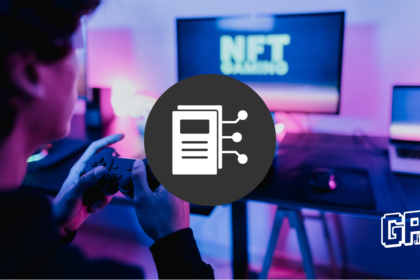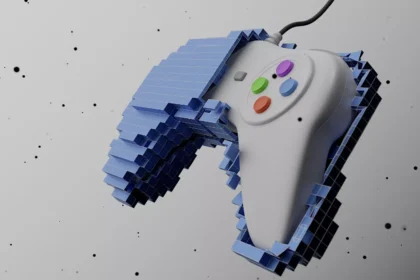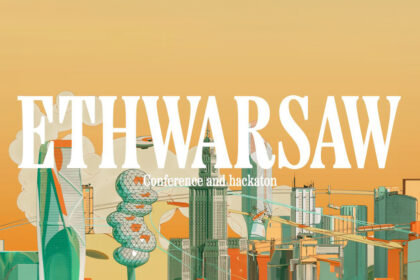In recent years, the emergence of blockchain technology has revolutionized the gaming industry. With the introduction of non-fungible tokens (NFTs) and decentralized finance (DeFi), a new trend has emerged where players are required to “connect their wallet” to access and play certain games.
However, this approach has sparked a debate among gamers, with many expressing reluctance or outright refusal to participate in such games. In this article, we will delve into the reasons why players may be hesitant to play games that require a wallet connection.
Lack of Familiarity and Understanding
One of the primary reasons players are hesitant to play games that require wallet connection is the lack of familiarity and understanding of blockchain technology. Many gamers are not well-versed in concepts such as wallets, cryptocurrencies, and NFTs. The complexity and technical jargon associated with these technologies can be overwhelming and act as a deterrent for players who are not willing to invest the time and effort to learn about them.
Privacy and Security Concerns
Privacy and security are significant concerns for players when it comes to connecting their wallets. Blockchain technology, while touted for its security features, is not entirely immune to vulnerabilities. Players worry about the risk of their personal information or digital assets being compromised or stolen. The potential for hacking, scams, and phishing attacks raises valid concerns and can make players reluctant to participate in wallet-connected games.
Barriers to Entry
For players who are interested in trying out wallet-connected games, there can be significant barriers to entry. Setting up a wallet, acquiring cryptocurrencies, and understanding the intricacies of blockchain transactions can be daunting for newcomers. The technical know-how and financial investment required may discourage players from exploring this new gaming frontier.
Cost and Financial Risks
Wallet-connected games often involve the use of cryptocurrencies or NFTs, which come with their own costs and financial risks. Players may be required to purchase in-game items, tokens, or assets using real-world money or digital currencies. The volatile nature of cryptocurrency markets and the potential for financial loss can make players hesitant to engage with these games, especially if they are unsure of the long-term value and utility of the digital assets involved.
Incompatibility and Technical Challenges
The compatibility and technical challenges associated with wallet-connected games can be a barrier for players. Different games may require different types of wallets or specific blockchain networks, creating fragmentation and confusion. Technical issues, such as slow transaction times or network congestion, can result in frustrating user experiences, leading players to seek more user-friendly gaming options.
Lack of Tangible Benefits
Players often expect tangible benefits from their gaming experiences, such as entertainment, skill development, or rewards. Wallet-connected games may not always provide clear incentives or rewards that resonate with players. If the benefits of connecting their wallets are not compelling or easily understood, players may choose to invest their time and resources in games that offer more immediate gratification or meaningful experiences.
Fear of Exploitation
The decentralized nature of blockchain technology opens up possibilities for new forms of exploitation. Players may be concerned about unfair practices, such as pay-to-win mechanics or hidden fees within wallet-connected games. The absence of centralized authorities or regulatory oversight in some cases can make players wary of potential scams or unethical practices within the gaming ecosystem.
Loss of Ownership and Control
Traditionally, players have enjoyed a sense of ownership and control over their in-game assets and progress. However, in wallet-connected games, the concept of ownership can be blurred. While blockchain technology enables the tokenization and transferability of digital assets, players may still feel uncertain about their control and ownership rights. This loss of control can be a significant deterrent for players who value autonomy and the ability to freely trade or sell their virtual possessions.
Negative User Experiences
User experiences play a crucial role in shaping players’ perceptions of games. Wallet-connected games that suffer from poor user interfaces, complicated onboarding processes, or technical glitches can leave a negative impression. If players encounter difficulties or frustrations early on, they are more likely to abandon the game and seek alternatives that offer smoother and more enjoyable experiences.
Legal and Regulatory Uncertainty
Blockchain technology and cryptocurrencies operate in a rapidly evolving legal and regulatory landscape. The lack of clarity and consistency in regulations surrounding blockchain-based gaming can create uncertainty for players. Concerns about potential legal ramifications or the risk of unknowingly participating in illegal activities may dissuade players from engaging with wallet-connected games.
- Advertisement -
Alternative Gaming Options
Despite the growing popularity of wallet-connected games, there are still numerous alternative gaming options available. Traditional games, both offline and online, continue to offer diverse experiences without the need for wallet integration. Players who are reluctant to embrace blockchain technology can opt for these alternatives, which provide familiar gameplay mechanics and require no prior knowledge of cryptocurrencies or wallets.
Future of Wallet-Connected Games
The future of wallet-connected games remains uncertain. While some players may be hesitant to embrace this new gaming paradigm, others are excited about the potential for decentralized economies, player ownership, and cross-game interoperability. As technology advances and user experiences improve, the barriers to entry may diminish, making wallet-connected games more accessible and appealing to a broader audience.









